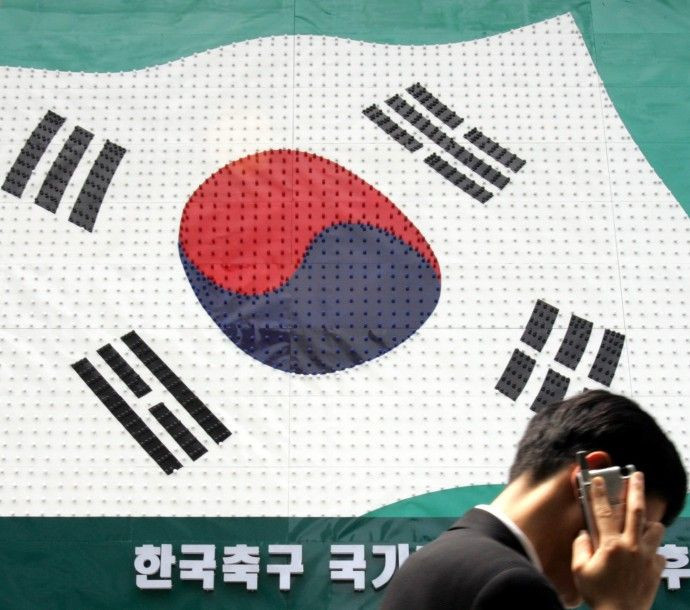South Korea freezes key rates at 2.5 pct

South Korea chose to freeze its key interest rates on Thursday, after hiking rates twice this year, as the global economic recovery slows down and tensions rise on the border.
The Bank of Korea (BoK) left base rate unchanged at 2.5 percent in a widely anticipated move.
The central bank initially raised interest rates in July for the first time since the onset of the financial crisis in 2008, and further raised it by 25 basis points in November this year, in a bid to contain inflation.
However, as the eurozone crisis heats up and the global economic recovery seems to slow down, the BoK chose to maintain interest rates for the near future.
Most economists expect the central bank to resume increasing interest rates early next year as inflationary pressures rise. The cost of raw materials and rising demand are driving inflation, BoK said in a statement.
South Korea has benefitted from strong domestic consumption as well as good exports during the economic recovery. Consumer prices rose at its fastest pace since February 2009 at 4.1 percent in October and slowed marginally to 3.3 percent in November. Inflation is expected to remain around 3 percent for much of 2011 and 2012.
The BoK's target is to maintain inflation around 3 percent till 2012.
Tensions also remain high in the Korean peninsula after North and South Korea exchanged fire for the fourth time in the past few years, further affecting the economy.
North Korea fired artillery shells at Yeonpyeong Island, some of which landed in sea and some in the island's residential area, according to Col. Lee Bung-Woo, a spokesman for South Korea's Joint Chiefs of Staff.
© Copyright IBTimes 2024. All rights reserved.





















